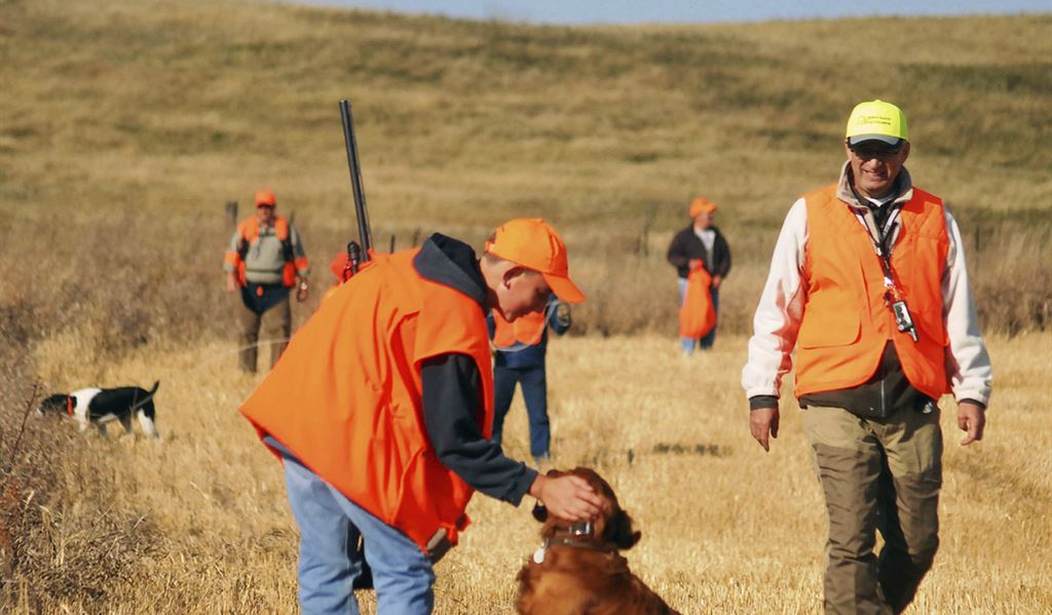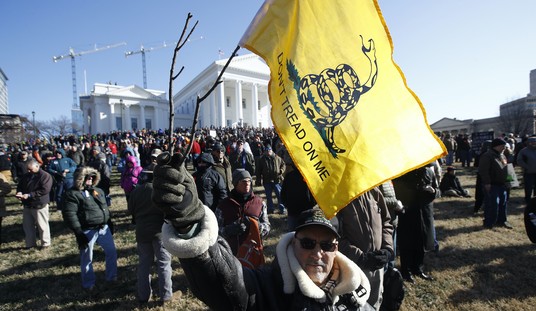I hate taxes.
I recognize why we have them and see the need, but I also tend to lean far more into the “taxation is theft” category.
One of the less onerous flavors of taxation, though, is why you tax a given good so as to fund the kinds of things associated with that good.
A prime example is taxes on guns and ammunition going to help conservation efforts and wildlife management. While it’s still taxation, it goes to benefit the hunters who, for a while, were the primary people buying guns and ammunition.
In fact, those taxes raised $15 billion for conservation last year, according to a report over at Reloaded.
Taxes on firearms and ammunition sales have raised $15 billion for a special trust fund that conserves and restores natural habitats for the nation’s wide array of wildlife.
That is according to a Thursday press release from the National Shooting Sports Foundation (NSSF), the trade association that represents the nation’s firearms industry. The number represents a new milestone for the Wildlife Restoration Trust Fund, which gets its funding primarily from gun excise taxes.
“This is an achievement for which all in the firearm and ammunition industry are proud,” Joe Bartozzi, NSSF President, said in the statement. “This historic milestone is indicative of the value this industry places on the conservation of wildlife and the habitats in which they thrive.”
Thanks to the fund, populations of several different game species have been recovered and restored. The rocky mountain elk, whitetail deer, pronghorn antelope, and wild turkey are among those helped by the fund. Non-game species, including the American Bald Eagle, have also benefited from the revenue. The firearm industry contributions to the Wildlife Restoration Trust Fund surpassed the mark of $14 billion at the start of 2021. That means taxes on rising gun sales generated approximately $1 billion for the effort over the past year.
In a weird bit of irony, though, many of those who want to restrict gun purchases also favor conservation efforts.
They may be anti-hunting, too, but they do want all these populations to proliferate. However, the funding for that tends to come from these kinds of taxes.
And few gun buyers–even those with no interest in hunting–really gripe about these taxes. We’re generally OK with paying a bit more when the funds go toward things like this. Those who don’t hunt recognize that they might want or need to do so in the future and those who do are benefitting from it right now.
What’s more, these are almost voluntary taxes in many places. After all, if you can buy a used gun from an individual, you don’t have to pay these, yet many of us buy new anyway. Maybe not so we can pay the taxes, but it’s not enough to dissuade us from buying new, either.
But gun restrictions or bans actually reduce these funds.
If someone wants an AR-15 but can’t lawfully buy one, they’re not going to decide to buy a bolt-action 30-06 instead. They’re just not going to buy a gun. That’s revenue essentially being lost for conservation efforts.
Not that any of the usual suspects will see it that way. I suppose they can tax something else and make up the money, but that’s not always as easy as they might like to believe.








Join the conversation as a VIP Member